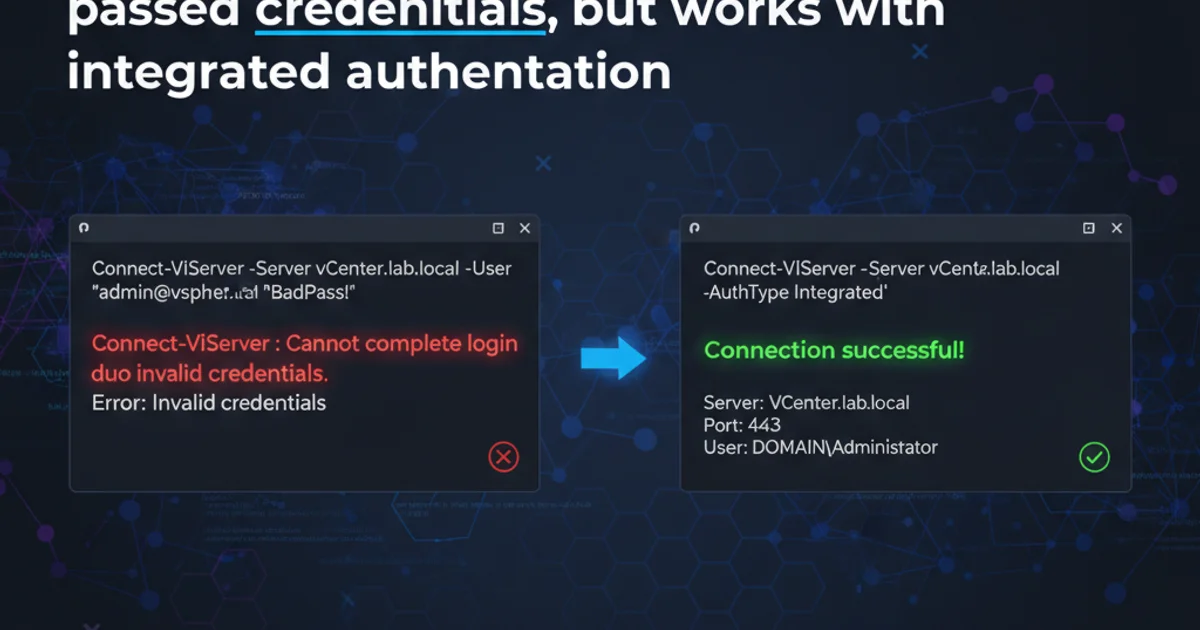How do I extract the contents of an rpm?
Categories:
How to Extract Contents from an RPM Package

Learn various methods to inspect and extract files from RPM packages without full installation, essential for system administration and troubleshooting.
RPM (Red Hat Package Manager) packages are the standard distribution format for software on Red Hat-based Linux distributions like CentOS, Fedora, and RHEL. While typically installed using rpm -i or yum install, there are many scenarios where you might need to inspect or extract the contents of an RPM file without actually installing it on your system. This can be crucial for security audits, troubleshooting, dependency analysis, or simply examining configuration files before deployment. This article will guide you through several methods to achieve this, from simple command-line tools to more advanced techniques.
Understanding RPM Structure
Before diving into extraction methods, it's helpful to understand the basic structure of an RPM package. An RPM file is essentially an archive containing metadata (like package name, version, dependencies, and scripts) and the actual payload (the files to be installed). The payload is typically compressed, often using cpio or xz.
flowchart TD
A[RPM Package (.rpm)] --> B{Header (Metadata)}
A --> C{Payload (Files)}
B --> D[Name, Version, Release]
B --> E[Dependencies, Scripts]
C --> F[Compressed Archive (e.g., CPIO, XZ)]
F --> G[Actual Files]Basic structure of an RPM package
Method 1: Using rpm2cpio and cpio
The rpm2cpio utility is the most common and straightforward way to extract the contents of an RPM package. It converts the RPM package into a cpio archive, which can then be extracted using the cpio command. This method is available on virtually all Linux systems that support RPM.
rpm2cpio your_package.rpm | cpio -idmv
Extracting an RPM package using rpm2cpio and cpio
Let's break down the command:
rpm2cpio your_package.rpm: This command takes the RPM file as input and outputs acpioarchive to standard output.|: This is a pipe, which sends the standard output ofrpm2cpioas standard input to thecpiocommand.cpio -idmv: This command extracts thecpioarchive.-i: Instructscpioto extract files.-d: Creates leading directories where needed.-m: Retains previous file modification times.-v: Verbose mode, listing the files as they are extracted.
rpm2cpio to a file if you want to inspect the cpio archive directly before extracting: rpm2cpio your_package.rpm > your_package.cpio.Method 2: Using rpm with --queryformat (for metadata)
While not for extracting files, the rpm command itself can be used to query extensive metadata about an RPM package without installing it. This is useful for understanding what the package contains, its dependencies, and where files would be installed.
rpm -qp --queryformat '[%{FILENAMES}\n]' your_package.rpm
Listing all files contained within an RPM package
This command will list all files that would be installed by your_package.rpm. You can also query other information, such as dependencies, scripts, and more, by changing the --queryformat string. For example, to see dependencies:
rpm -qp --queryformat '[%{REQUIRES}\n]' your_package.rpm
Listing package dependencies
Method 3: Using ar and tar (for Debian-based systems with alien)
Although RPMs are primarily for Red Hat-based systems, you might encounter them on Debian/Ubuntu systems. The alien tool can convert RPMs to DEB packages, but it can also be used to extract them. Under the hood, alien often uses rpm2cpio. If alien isn't an option, or you're dealing with a converted package, you might encounter ar and tar archives.
alien to convert and install RPMs on Debian-based systems is generally discouraged due to potential dependency conflicts and system instability. It's best used for inspection or extracting specific files.# Install alien (if not already installed)
sudo apt-get install alien
# Extract the RPM using alien
alien -g your_package.rpm
# This will create a directory like your_package-version/ containing the extracted files
# You can then navigate into it and find the extracted contents.
Extracting an RPM using the alien tool on Debian/Ubuntu